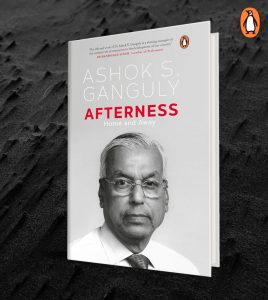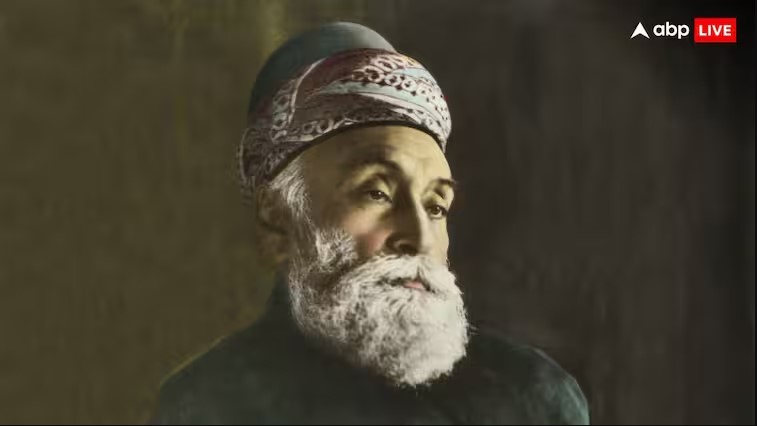AFTERNESS: speck in timelessness
- Gopalakrishnan
Humility is uncommon among business leaders. With a prologue to his book titled “A speck in timelessness,” Dr Ashok S. Ganguly, former Chairman, Hindustan Unilever, Director of RBI, and Member, Rajya Sabha has escaped the common trap of self-glorification. His book, AFTERNESS, is engaging and is easy-to-read.
The author has chosen a reflective title: appropriate, when the writer is in his late eighties and reflects on his distinguished, three-part career—as scientist, as industrial leader, and as public intellectual.
The distinguishing feature is that Ashok Ganguly’s life is a grand illustration of the principle of ‘obliquity.’ Financial Times writer, John Kay, explained obliquity as “our life goals are best achieved indirectly”—for example, the happiest people do not pursue happiness, and the most profitable companies are not the most profit-oriented!
The Bombay-educated, indifferent-student never imagined that he would get a PhD in biological sciences from America; while abroad, he accidentally ran into an astrologer-acquaintance, who predicted that young Ashok would not live beyond his late thirties—mercifully, at eighty seven, he is cheerful and busy doing whatever he enjoys; when he returned to India to look after his ageing parents, he had no plan to pursue a scientist/manufacturing role in an international company; he rose to the position of HUL chairman without actively coveting such advancement; he was sounded to be a cabinet minister in the Rajiv Gandhi government, but he brutally assessed himself as unsuited to politics; he was pleasantly surprised when Unilever offered him a promotion as global Director of Research; after his retirement, he became an independent director of Reserve Bank, compelling him to learn afresh from talented financial and economic wizards. Having shied away from politics for many years, he succumbed to the blandishment to serve as a Rajya Sabha member—which was professionally fulfilling, though frustrating. As late Arun Jaitley told him, he had strayed into ‘the citadel of Indian politics, which is best avoided by a professional’.
Did obliquity apply to his awards also? He was recognized multiple times–Businessman of the Year, Padma Bhushan, Padma Vibhushan, Commander of the British Empire–my editor’s word-count limit prevents me from listing all awards. Interesting, isn’t it, to achieve all this, without trying to do so?
Oh, the marvels of obliquity!
He narrates how humanity is universal: a Christian chairman asked the Hindu Ashok Ganguly to meet Mother Teresa regarding a proposed HUL’s financial support. Mother placed a dying baby on Ashok’s lap. “I watched the life of the infant slowly ebbing away, and shortly the baby died on my lap…. I had never before encountered such an incident…I was in tears.”
As Nike might ask, how did he ‘just do it’? “I don’t know, but a big share of credit is to my late wife, Connie”.
Life should not be lived by charting your own pre-designed steps because somebody else is doing it for you. Sentimentally he reflects, “I now live in the eerie stillness of our home, which Connie built and adorned, leaving behind my daughters, who are my only solace.”
Our lives are indeed a speck in timelessness. Sic transit gloria mundi.




